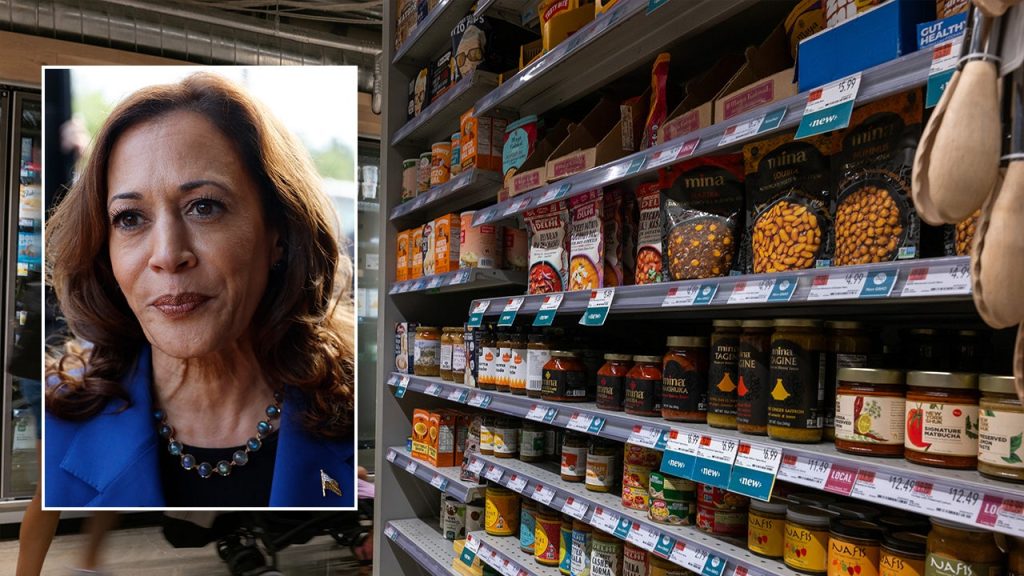Rep. Michael Rulli, a first-term House Republican from Ohio, who also runs a small chain of grocery stores, expressed concerns about Vice President Kamala Harris’ grocery price control proposal. He highlighted the slim profit margins in the grocery industry, noting that any additional price controls could be detrimental to family-owned businesses like his. Rulli emphasized that such measures could potentially lead to the closure of many smaller and independent grocery stores, citing examples of recent closures within his local area.
Rulli, who succeeded retired Rep. Bill Johnson and previously served as a Republican state senator, shared his perspective on how price controls could impact his business by using an example of a popular detergent brand. He explained that if manufacturers were forced to maintain prices at a certain level, they might choose to discontinue products, ultimately reducing the variety of goods available to consumers. He also warned that a significant decrease in stock keeping units (SKUs) could resemble the experiences of countries like Cuba or Venezuela, where options for consumers are limited.
As part of her presidential platform, Harris has proposed a ban on food “price gouging,” with the intention of curbing inflation and protecting consumers from exploitation by large corporations. Despite the administration’s claims of aiming to prevent unfair practices, critics such as Rulli and industry groups like the National Grocers Association have raised concerns about the potential negative impact on small and mid-sized grocers. They argue that thin profit margins, combined with inflationary pressures, could lead to further closures of independent grocery stores, adding to a trend that has been ongoing for several decades.
Harris and her allies point to the record profits made by large food manufacturing companies in recent years as a justification for the proposed price control measures. However, opponents, including economic commentators and industry experts, have warned that such interventions could hinder economic growth and innovation, drawing parallels to authoritarian regimes such as the former Soviet Union and Venezuela. The debate over the potential consequences of price controls on the grocery industry has escalated as Harris continues to roll out her policy proposals in the lead-up to the upcoming election.
Rulli, drawing on his experience in the grocery business, raised concerns about the impact of price controls on the range of products available to consumers and the survival of small businesses. He highlighted the importance of having a diverse array of goods for consumers, emphasizing the American tradition of access to a wide variety of products. Rulli’s warnings about the potential consequences of price controls align with the broader concerns within the grocery industry and among policymakers about the balance between consumer protection and economic viability for businesses at all levels of the supply chain.
The dialogue around Harris’ price control proposal reflects broader discussions within the economic and political spheres about government intervention in markets and the implications for businesses and consumers. As stakeholders like Rulli continue to voice their apprehensions about the potential impact of such measures, policymakers are faced with the challenge of balancing competing interests to ensure a fair and sustainable economic environment for all parties involved. The ongoing debate over price controls in the grocery industry underscores the complexities of navigating economic policy in a rapidly changing global marketplace, where the decisions made at the highest levels of government can have far-reaching consequences for businesses and consumers alike.


